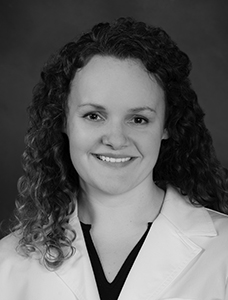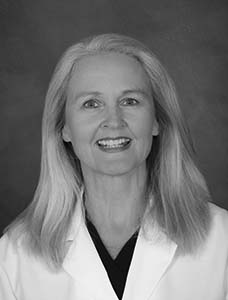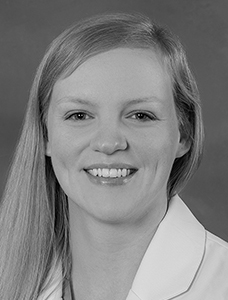Full Circle Care
Welcome to Self Regional Healthcare’s Full Circle Care, a new, complete approach to healthcare management. We’re close to home and have the providers you know and trust, ready to serve your healthcare needs.
- Convenient Care – Telehealth, In Office Visits and Telemonitoring
- Personalized Care – Disease and Patient-Specific Care, Care Coordination and Navigation
- Quality Care – Focus on screening and prevention, Health coaching, Exercise Therapy, and Reduce Hospitalizations all within the Full Circle Care Office.
This new department includes three unique clinics:
- The Diabetes and Metabolic Disease Clinic
- The Inpatient Continuum of Care Program
- The Bone Health Clinic
Our Physicians:

Amy Jackson, D.O.

Katherine G. W. Johnson, M.D.

Robin Lanford, M.D.
Additional Clinicians:
-
- Misty Seaborn, FNP-BC, BC-ADM
- The Diabetes and Metabolic Disease Clinic is designed for patients with uncontrolled or new onset diabetes and/or metabolic conditions. These providers will work closely with the patients’ primary care providers to coordinate their care. We aim to identify and remove any barriers that are preventing you from reaching your goals.
- The Inpatient Continuum of Care Program (ICCP) is designed to help reduce readmissions to the hospital for patients with complex medical conditions who do not have a primary care provider. This program helps patients transition home after an admission by ensuring they have all the resources needed as well as place patients with a primary care provider
- Bone Health Clinic: Osteoporosis, or “porous bone,” is a disease characterized by low bone mass. It makes bones fragile and more prone to fractures, especially the bones of the hip, spine, and wrist. Osteoporosis is called a “silent disease” because bone loss occurs without symptoms. People typically do not know that they have osteoporosis until their bones become so weak that a sudden strain, twist, or fall results in a fracture. Our clinic is designed to foster bone health and help patients minimize the risk of fractures by coordinated clinical examination, diagnostic testing, and preventive interventions.

